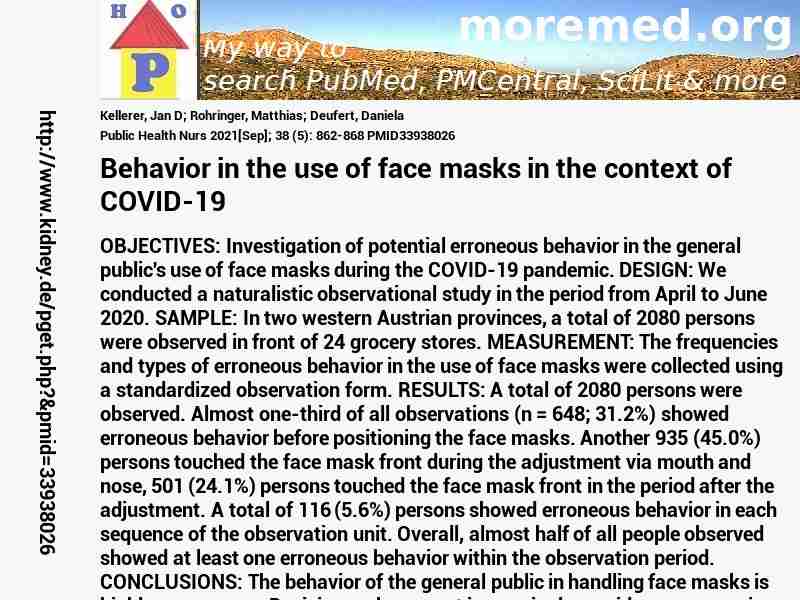10.1111/phn.12918
http://scihub22266oqcxt.onion/10.1111/phn.12918

33938026!8242443!33938026
 free free
 free free
 free free
|  
Deprecated: Implicit conversion from float 211.6 to int loses precision in C:\Inetpub\vhosts\kidney.de\httpdocs\pget.php on line 534
 Public+Health+Nurs 2021 ; 38 (5): 862-868 Public+Health+Nurs 2021 ; 38 (5): 862-868
Nephropedia Template TP
gab.com Text
Twit Text FOAVip
Twit Text #
English Wikipedia
|

 free
free free
free free
free